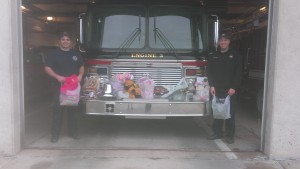You may use this link (online guide) to an online guide about freezing and bursting pipes published by The Insurance Institute for Business and Home Safety. It answers questions such as “When is it cold enough to freeze?” and “What should I do if I suspect a frozen pipe?”
Taken from: https://www.safecoagentnews.com/articles/winter-weather-tips/


